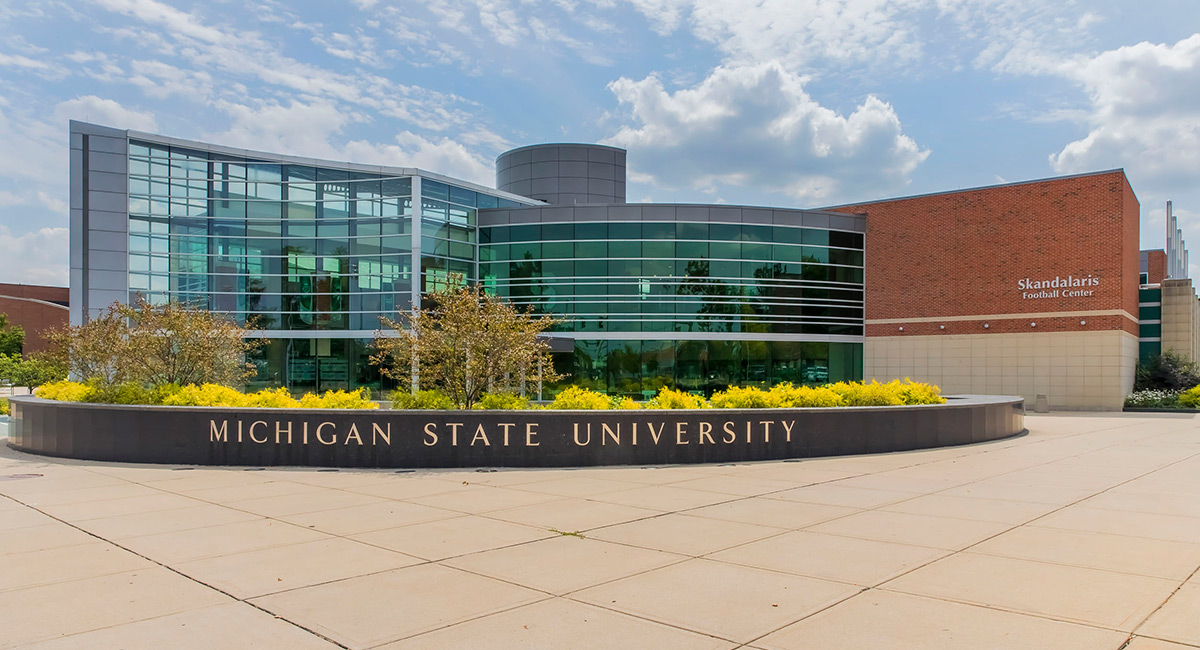Moody’s Investor Services and Fitch have proclaimed that the financial outlook for American higher education looks bad. Moody’s has given the sector negative ratings for most recent years, predicting low albeit positive tuition revenue growth. The COVID-19 pandemic, however, is the undoing of colleges, as it reeks havoc on many other businesses, families, and institutions as well.
I am not an expert on university cash reserve positions, but I know that for many schools it is very modest. Unanticipated sharp declines in revenue will force many universities into substantial deficit spending this year, in some cases completely wiping out cash balances. For universities with an already mediocre revenue trajectory (e.g, enrollment declines over the past decade), this could perhaps force them into bankruptcy or possibly a merger with somewhat stronger neighboring institutions. COVID-19 will accelerate much needed creative destruction of some American universities, reducing collegiate over-investment.
Why? Here are six reasons. First, enrollments have fallen for almost a decade already, and no one was predicting a month ago that they would rise next fall. Will they fall moderately or drastically? Huge numbers of students were sent home suddenly from college recently. Will they all come back? Unlikely.
Second, university cash reserves are plummeting rapidly, as many schools face refunding students at least some room and board charges as they are denied access to their dorm rooms and college cafeterias.
Third, state governments are rapidly moving from running budget surpluses and carrying large cash reserves to serious deficit spending, not permissible in the long run because of balanced budget constitutional restraints. State tax revenues will fall anywhere from moderately to disastrously, depending on the severity of the downturn induced by COVID-19 health containment measures. State government bailouts of the colleges will rank far lower on priority lists of politicians than, say, providing income to those suddenly unemployed. Maybe the Feds will give the colleges the $50 billion bailout they are asking for, but don’t count on it.
Fourth, even wealthy private universities are being clobbered by huge declines in their endowment assets. I would be shocked if Harvard, for example, has not already suffered paper losses of minimally $5 billion since the stock market downturn began, and who knows what has happened to the worth of trendy but risky “alternative investments” that rich schools love so much. Even at Harvard, $5 billion is real money (about $250,000 per student). Moreover, private donations and bequests are likely to shrink significantly for a while simply because of the reduced financial condition of alumni, friends, foundations, etc.
Fifth, in past crises institutions of higher education could count on tremendous support from the general public, people paying taxes which subsidize universities and making private donations and paying tuition charges. Colleges are going to pay a heavy price for the contempt they have shown in recent years towards American values—the First Amendment, a strict adherence to the rule of law, etc. Riots and rude treatment of visitors at places as geographically, economically and culturally diverse as Yale University, the University of Missouri and Evergreen State College have contributed to a sharp decline in positive public opinion towards higher education. Soaring tuition fees and examples of scandals, waste and corruption in athletics and elsewhere at schools like Penn State, Michigan State, and University of North Carolina, reduce prospects for a taxpayer bailout.
Sixth, a major modern day source of revenue for many universities has been international students, and some colleges have made a profit from study abroad programs (having kids pay tuition locally but getting educated at a lower cost overseas). That has taken at least a short run hit.
Americans are amazingly adaptable and good at facing and conquering crises. I hope this is no exception. We took huge sudden hits to college enrollments during World War II and colleges and the nation survived and even shortly thereafter flourished. While our past history can be informative and even comforting, its future replication is far from assured. We may even gain from experiences learned from COVID-19—the underrated utility of online instruction may be recognized, for example. Another: cash-desperate colleges may sell dorms and cafeterias, getting out of businesses irrelevant to Job One: creating and disseminating knowledge, wisdom and beauty.













